Summaries of books about Biology:
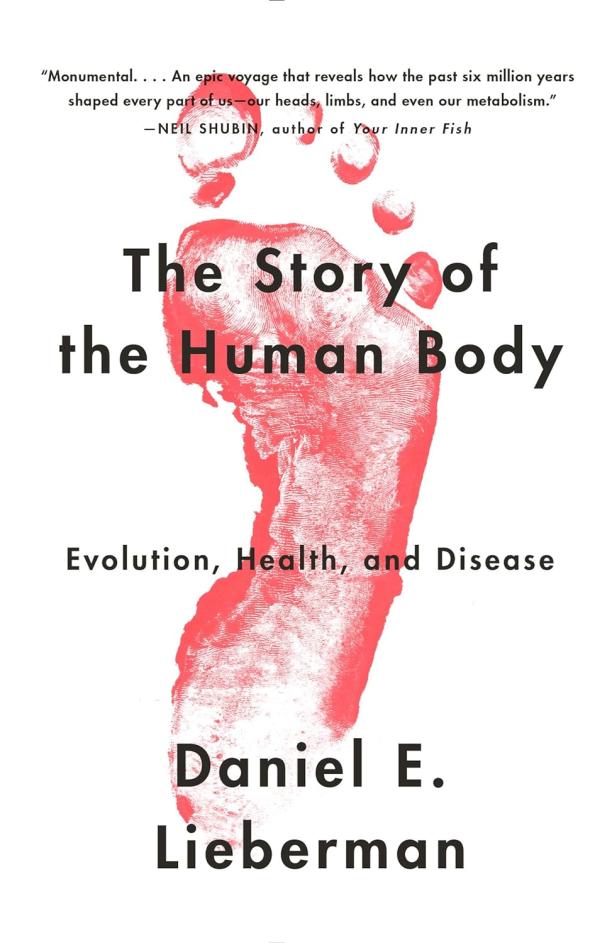
The Story of the Human Body
Evolution, Health, and Disease
Daniel Lieberman
The book explores how the human body has evolved over millions of years, shaping our health and susceptibility to disease. It discusses the mismatch between our bodies' adaptations to past environments and the modern world, leading to contemporary health issues.
See full summary
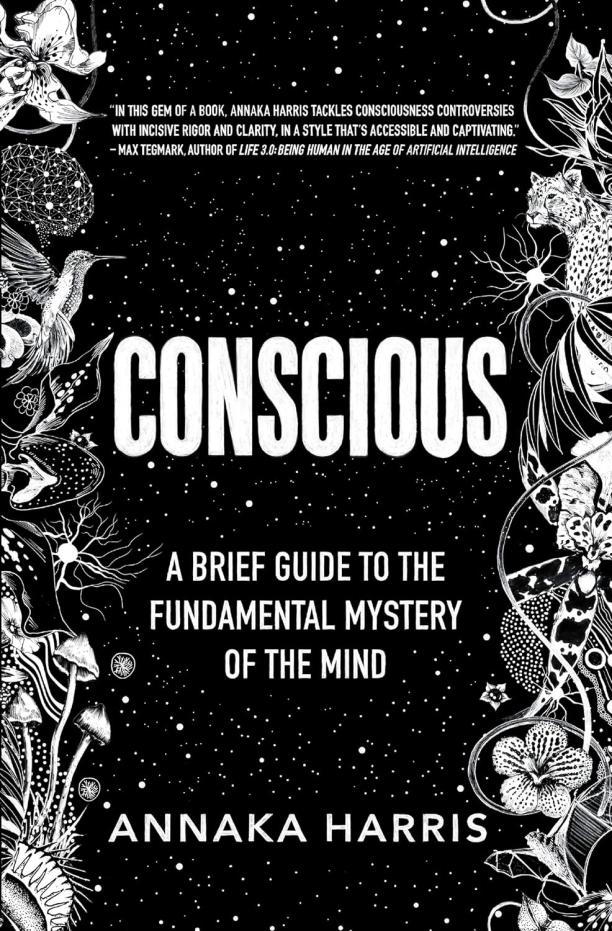
Conscious
A Brief Guide to the Fundamental Mystery of the Mind
Annaka Harris
The book explores the enigmatic nature of consciousness, examining both scientific and philosophical perspectives to understand what consciousness is and how it can arise in the physical world. It delves into the complexities of subjective experience, discussing theories and experiments that challenge our traditional notions of reality and the self.
See full summary

Gathering Moss
A Natural and Cultural History of Mosses
Robin Wall Kimmerer
The book explores the biology, ecology, and cultural significance of mosses, blending scientific knowledge with personal narrative and indigenous wisdom. It delves into the miniature world of mosses, examining their resilience, life cycles, and role in ecosystems, while also reflecting on human interactions with the natural world.
See full summary
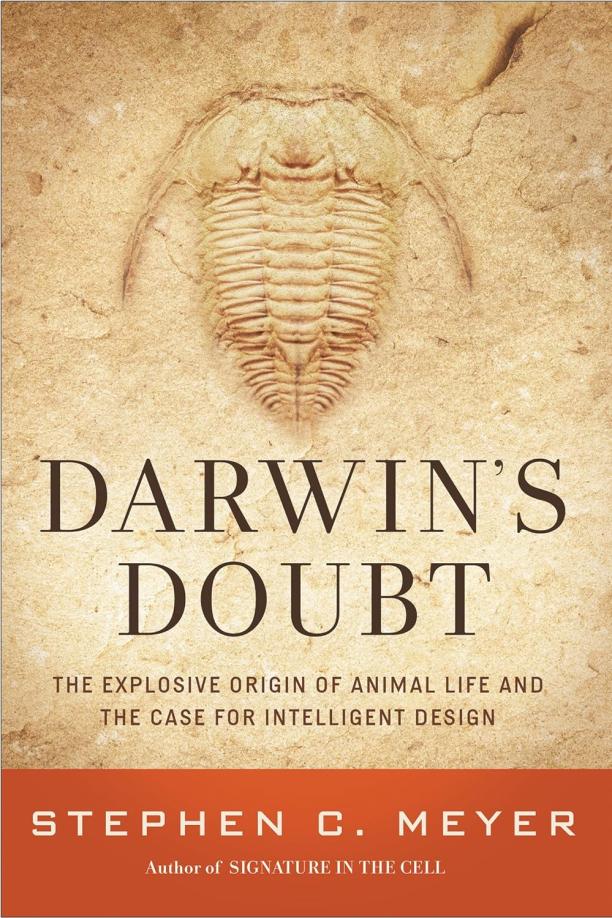
Darwin's Doubt
The Explosive Origin of Animal Life and the Case for Intelligent Design
Stephen C. Meyer
The book examines the Cambrian explosion, a period when a vast number of animal species appeared abruptly in the fossil record, which the author argues poses a challenge to the theory of evolution by natural selection. It presents the case for intelligent design as an alternative explanation, suggesting that the complexity and diversity of life during this period cannot be fully explained by current evolutionary mechanisms.
See full summary
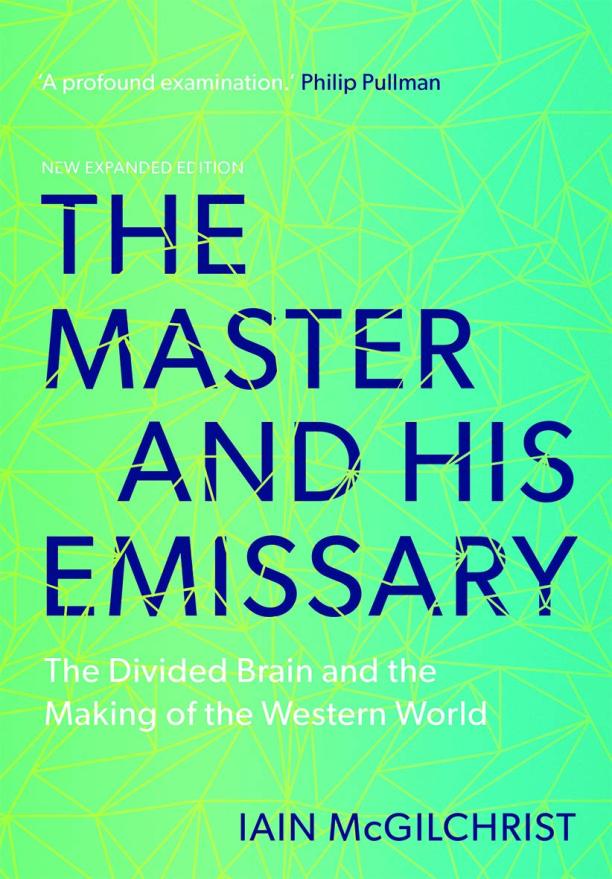
The Master and His Emissary
The Divided Brain and the Making of the Western World
Iain McGilchrist
The book explores the differences between the left and right hemispheres of the human brain, arguing that the Western world has been overly dominated by the left hemisphere's mechanistic and reductionist approach, leading to a societal imbalance that overlooks the right hemisphere's holistic and empathetic perspective. It delves into historical, cultural, and philosophical contexts to illustrate how this cerebral dichotomy has shaped Western civilization's development and values.
See full summary
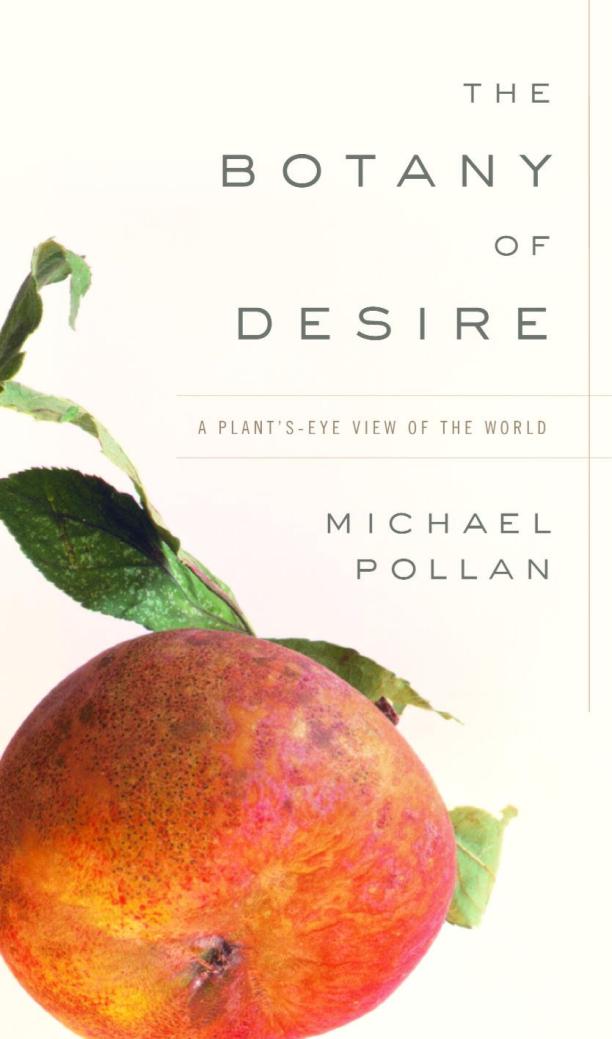
The Botany of Desire
A Plant's-Eye View of the World
Michael Pollan
The book explores the complex relationship between humans and plants, suggesting that plants have evolved to appeal to human desires for beauty, intoxication, sustenance, and control. It focuses on four examples: the apple, tulip, cannabis, and potato, and how each represents different human yearnings while simultaneously manipulating human behavior for their own reproductive success.
See full summary
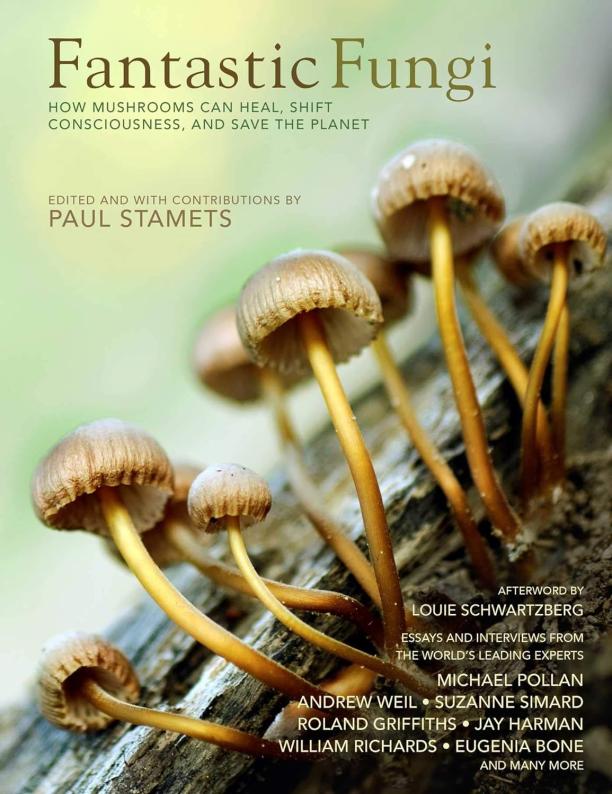
Fantastic Fungi
Expanding Consciousness, Alternative Healing, Environmental Impact // Official Book of Smash Hit Documentary
Paul Stamets
The book explores the ecological, medicinal, and transformative potential of mushrooms, delving into their role in environmental health, personal wellness, and consciousness expansion. It features insights from experts across various fields, complementing the themes presented in the accompanying documentary with scientific discussions, personal narratives, and stunning visual imagery.
See full summary
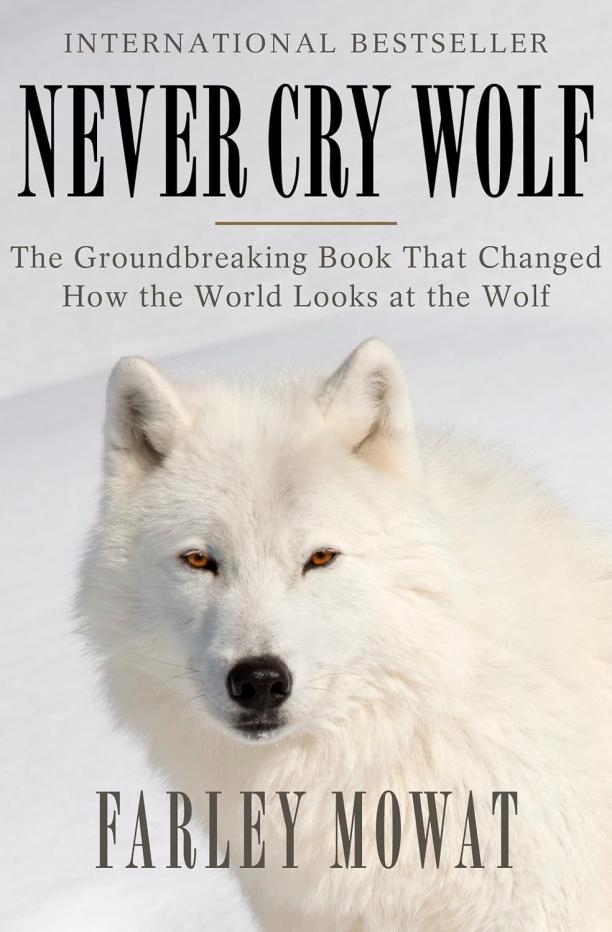
Never Cry Wolf
Farley Mowat
The narrative follows a biologist's journey to the Canadian tundra to study the behavior of Arctic wolves, challenging the prevailing negative perception of wolves as vicious predators. Through his observations, he discovers the complex social structure of wolf packs and their essential role in the ecosystem, debunking myths and advocating for their protection.
See full summary
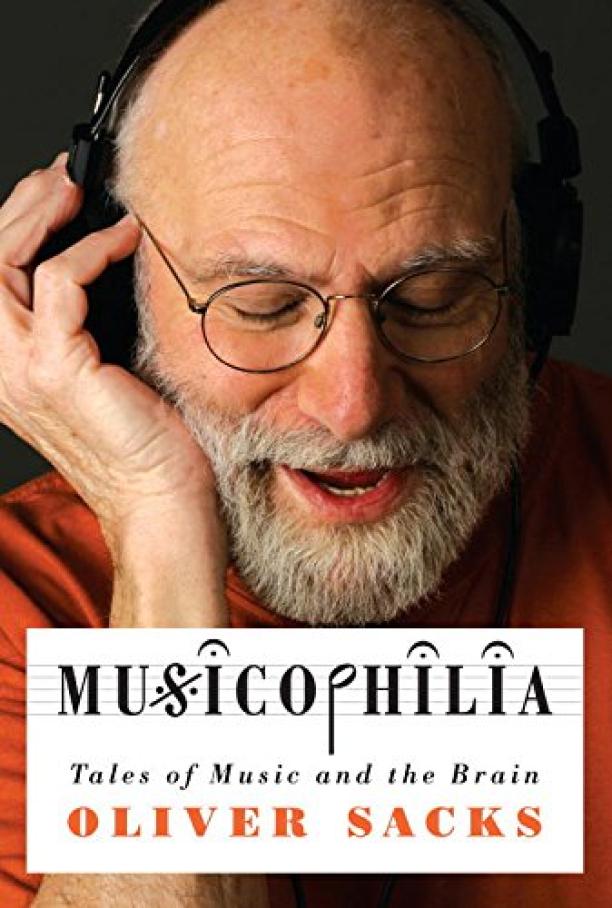
Musicophilia
Oliver Sacks
The book explores the complex relationship between music and the human brain, delving into a variety of neurological conditions that affect musical perception and creativity. It presents a series of case studies and anecdotes that illustrate the profound impact of music on individuals' lives, including those with amusia, synesthesia, and memory disorders.
See full summary
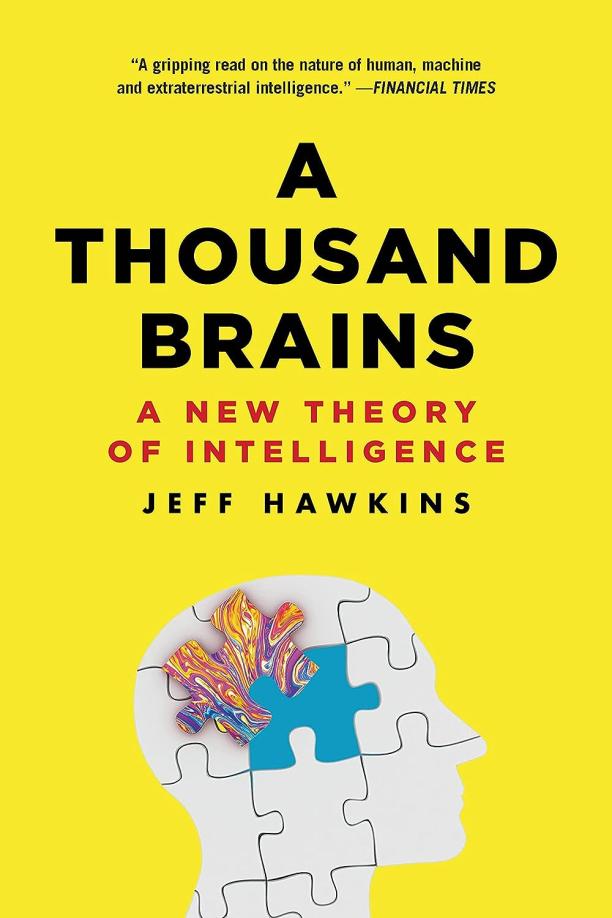
A Thousand Brains
A New Theory of Intelligence
Jeff Hawkins
The book presents a novel theory of how the brain works, proposing that it operates through a system of thousands of small cortical columns that work together to create our mental model of the world. It explores the implications of this theory for understanding intelligence, the future of artificial intelligence, and how we might address big questions in neuroscience.
See full summary